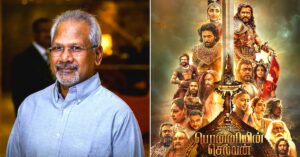How Farsighted Was Statesman Vajpayee? His Handling of This Crisis Set The Standard
Instead of succumbing to immense pressure from his ministers and media, he used the occasion to open a new chapter in India’s history.
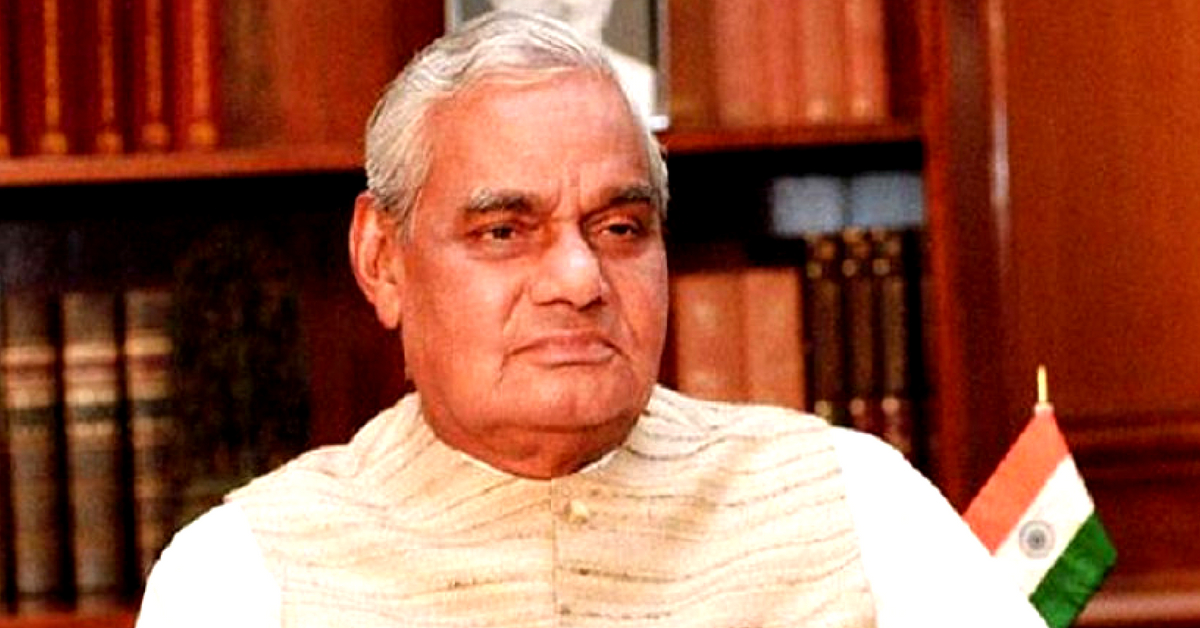
On March 20, the then United States President George W Bush announced America’s patently illegal invasion (based on a lie that Saddam Hussein possessed Weapons of Mass Destruction, and not sanctioned by the United Nations) of Iraq along with the “coalition of the willing”, which included 48 nations.
American forces were joined by their British, Polish and Australian counterparts—a mistake they would all come to regret.
Since the war, more than 4500 United States soldiers have died, costing the American exchequer an excess of $6 trillion as of June 29, 2016. Add the list of casualties on the coalition side, alongside the thousands wounded, the terrible geopolitical ramifications of the war (rise of ISIS among other things) and millions of Iraqis who lost their lives and livelihoods and it is evident that it was a serious mistake.
Thankfully India had Prime Minister Atal Bihari Vajpayee, the statesman, who rejected America’s request for 20,000 Indian troops on the ground once the occupation of Iraq began. New Delhi knew the invasion and occupation were patently illegal with dangerous ramifications for West Asia.

“It is with the deepest anguish that we have seen reports of the commencement of military action in Iraq,” read the first line of the Ministry of External Affairs’ official response under the NDA-1 government. On April 7, the Parliament passed a unanimous resolution condemning the invasion.
“Reflecting national sentiment, this House (Lok Sabha) deplores the military action by the coalition forces led by the USA against a sovereign Iraq. This military action, with a view to changing the Government of Iraq, is unacceptable. The resultant suffering of the innocent people of Iraq, especially women and children, is a matter of grave human dimension [sic]. This action without the specific sanction of the UN Security Council and is not in conformity with the UN Charter. The House, therefore, expresses profound anguish and deep sympathy for the people of Iraq,” it said.
However, the US Embassy in the national capital had already begun coordinating serious efforts to change India’s very public position on the war.
There was pressure from the Indian media with major publications like The Indian Express and India Today putting out articles urging the Vajpayee administration to send Indian troops.
In the months following the invasion, Washington had managed to get then Defence Minister George Fernandes, Home Minister LK Advani, External Affairs Minister Jaswant Singh and Army Chief NC Vij onboard for sending Indian troops.
Besides having his senior cabinet ministers whispering in his ear, Vajpayee received regular calls from Bush seeking the involvement of Indian troops.
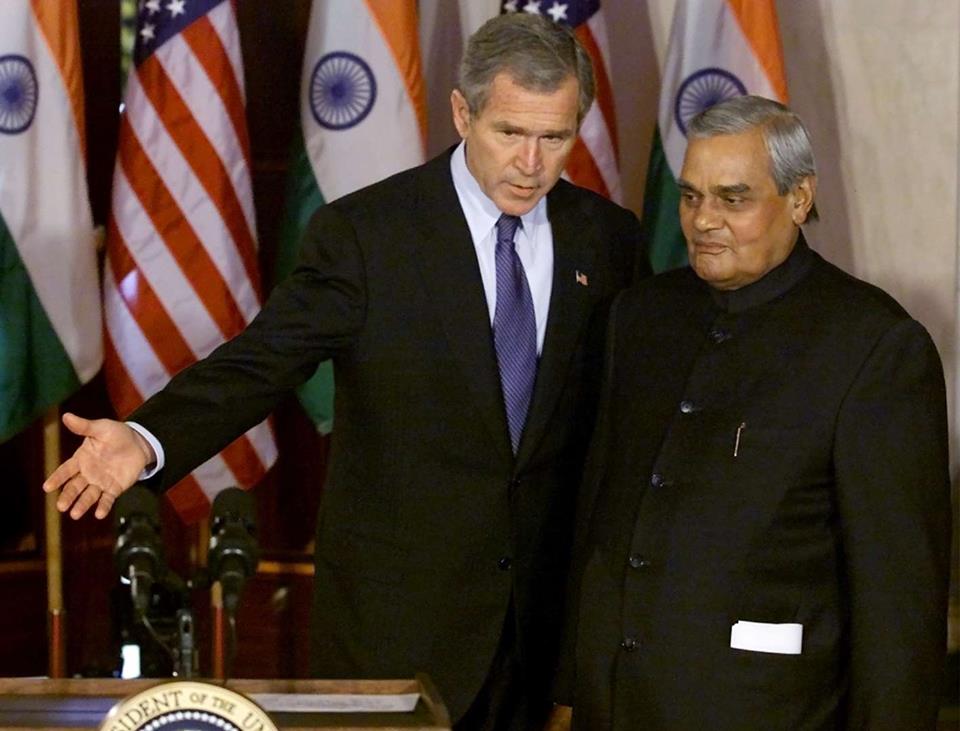
Worsening Vajpayee’s dilemma was his administration’s attempts to revise and strengthen Indo-US relations. Only three years earlier in the United States Congress, Vajpayee had called India and the US “natural allies”. How could New Delhi now reject America’s plea for ‘assistance’ in Iraq?
“The Indian army was quite ready to go, quite prepared. They had identified the units that would be deployed and it seemed that it would happen. But as word of the dialogue between the two governments began leaking to the media, there was a counter-reaction, particularly among the opposition parties and therefore in parliament, expressing reservations about this,” said senior US diplomat Albert Thibault Jr, who was posted in India at the time, in an interview two years later.
But Vajpayee had his doubts. During a press conference in Lausanne, Switzerland, on June 2, 2003, Vajpayee listed out “five questions” Washington must answer before he takes a call.
(1) Why are the Indian forces being asked for?
(2) Would they be tasked with maintenance of law and order, or in the event of any potential revolt, would they be required to use force?
(3) How long will our troops be expected to stay?
(4) What is the road-map for Iraq?
(5) Under whose command would our troops function?
So although Vajpayee had long made up his mind about not sending Indian troops to Iraq, he wanted to ensure public consensus on the matter. Fortunately for Vajpayee, there was serious opposition to the war in Iraq from across ideological divides—the Congress, the Left parties and even the Sangh Parivar.
This is something Vajpayee would utilise to shut down the campaign for sending Indian troops.
According to editor Vinod Mehta, Vajpayee also took the unusual step of swaying public support further against the war by calling on two veteran leaders of the CPI (M)—who stood on the other end of the ideological spectrum of the Sangh Parivar.
“Vajpayee summoned AB Bardhan and HK Surjeet. The two communist leaders had launched a nation-wide campaign against any Indian involvement in Iraq. He asked them how the protests were going. They said the public response was encouraging. ‘But I can’t hear anything,’ he complained.
The canny old fox was suggesting they raise the decibel level of the protests so he could tell Bush his hands were tied. Note the subtlety of his strategy,” writes Mehta in the Outlook.
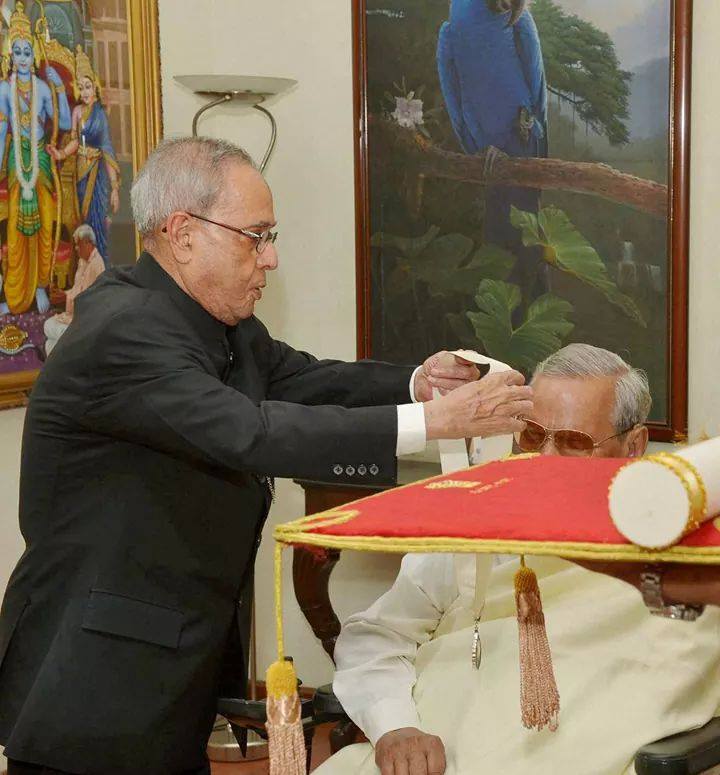
Vajpayee didn’t receive compelling reasons from Washington to change his mind, and while July 14 was decided as the date when the Union Cabinet would meet to make their decision on the issue, the story of India’s non-participation was leaked to The Hindu just two days prior.
“In the absence of a domestic political consensus, the Prime Minister and his advisers are unwilling to run the risk of Indian troops getting fired at in Iraq,” said The Hindu report.
Also Read: Was Atal Bihari Vajpayee the Leader Everyone Thought He Was?
It went onto report how the war would cost India Rs 13 crores per annum from its pocket, and according to one member of Cabinet Committee on Security, “We will be paying, ironically, to get our soldiers shot at.”
In a very public, yet polite presser put out following the cabinet meeting on July 14, New Delhi politely rejected Washington’s request for Indian boots on the ground.
Vajpayee took a tough decision and made the right call, navigating through pressure from multiple corners, building public consensus and keeping the interests of the country in mind.
On April 9, the Americans triumphantly brought down Saddam Hussein’s statute. Nine days later, Vajpayee was in Srinagar extending his hand in friendship to Pakistan.
While West Asia was burning, Vajpayee began the process of attempting peace with Pakistan. And this was a time when both nations were staring down at each other along the border following the December 2001 terror attack on Parliament.
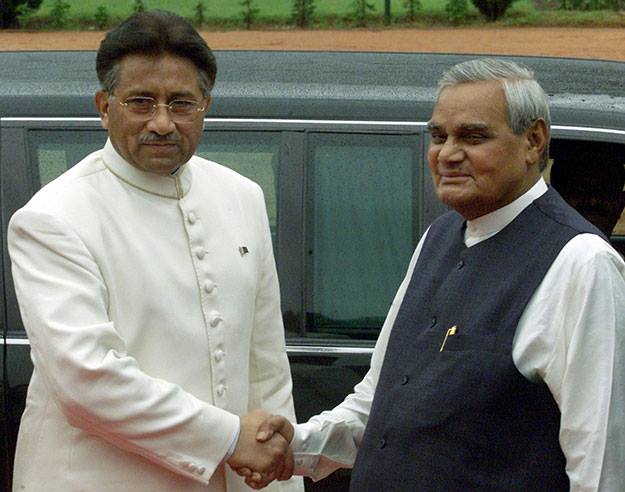
“In the new situation, regional quarrels had to be composed, he (Vajpayee) said. Dramatically, he extended his hand of peace to Pakistan. This was the beginning of the process which led to India and Pakistan signed an agreement in Islamabad on January 4, 2004, that forbids the use of a country’s territory for cross-border terrorism. Pakistan did not keep the word, but that is another story,” writes veteran journalist and columnist Saeed Naqvi, for the Indo-Asian News Service.
Also Read: 10 Profound Quotes That Reveal the Wordsmith in Atal Bihari Vajpayee on His 92nd Birthday
However, it was a peace initiative which brought probably the most prolonged period of peace in the Kashmir Valley in recent memory.
This was statesmanship at its finest.
(Edited By Vinayak Hegde)
Like this story? Or have something to share? Write to us: [email protected], or connect with us on Facebook and Twitter.
This story made me
-
97
-
121
-
89
-
167
Tell Us More
We bring stories straight from the heart of India, to inspire millions and create a wave of impact. Our positive movement is growing bigger everyday, and we would love for you to join it.
Please contribute whatever you can, every little penny helps our team in bringing you more stories that support dreams and spread hope.








